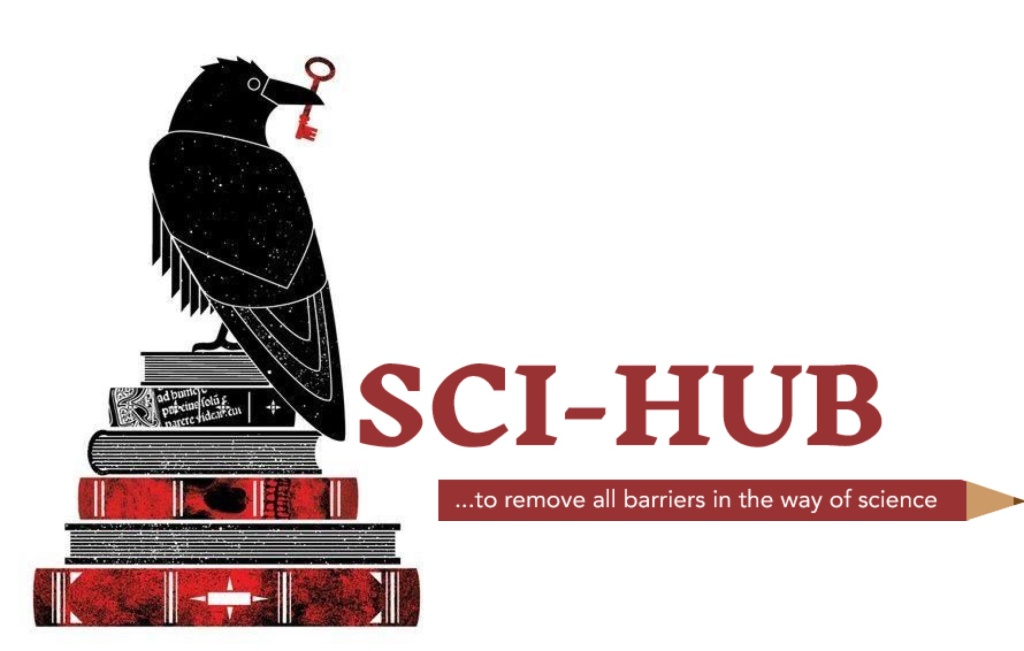In the vast realm of academia, access to scientific knowledge is often considered the key to progress and innovation. However, the traditional means of obtaining scholarly articles come at a high cost, creating barriers for individuals and institutions with limited resources. In this landscape, Sci-Hub has emerged as a controversial but undeniably influential player, challenging the conventional publishing model and aiming to democratize access to scientific information.
The Genesis of Sci-Hub
Founded in 2011 by Alexandra Elbakyan, a Kazakhstani graduate student, Sci-Hub was conceived as a response to the prohibitive costs associated with accessing scientific publications. Traditional publishing models rely on paywalls and subscriptions, hindering the dissemination of knowledge to those without the financial means. Sci-Hub’s mission is clear: to provide free and unrestricted access to scientific articles, bypassing the traditional barriers that limit information flow.
Controversy and Legal Battles
Sci-Hub’s revolutionary approach has not been without its share of controversy. Publishers, who rely on subscription fees and article access charges, have taken legal action against sci hub website, accusing it of copyright infringement. The ongoing legal battles have raised important questions about the balance between open access to information and the financial sustainability of the publishing industry. While publishers argue that their revenue is essential for maintaining the quality of scientific publications, Sci-Hub supporters emphasize the importance of making knowledge freely available for the greater good.

Global Impact and Accessibility
One of Sci-Hub’s undeniable achievements is its global impact on research access. Scholars and researchers from developing countries, where institutional access to expensive journals may be limited, have found a lifeline in Sci-Hub. The platform’s user-friendly interface and extensive database have made it an indispensable tool for academics worldwide. However, the legality of accessing and using Sci-Hub’s services remains a complex issue, with different countries adopting varying stances on its use.
The Open Access Movement
Sci-Hub is intricately connected to the broader open access movement, which advocates for unrestricted access to scholarly research. Proponents argue that scientific knowledge should be treated as a public good, accessible to all, rather than a commodity. Sci-Hub’s success has highlighted the need for systemic changes in the academic publishing industry, encouraging more publishers to embrace open access models that balance the financial needs of the industry with the societal imperative of freely accessible knowledge.
Ethical Considerations
While Sci-Hub has undeniably broadened access to scientific literature, ethical questions surrounding copyright infringement persist. Some argue that free access to knowledge is a fundamental right, while others contend that respecting copyright laws is crucial for sustaining a robust scientific publishing ecosystem. The ethical dilemma raises fundamental questions about the future of scholarly communication and the evolving role of technology in shaping it.
Conclusion
Sci-Hub’s journey from a small project initiated by a graduate student to a globally recognized force in the academic landscape is a testament to the growing demand for open access to scientific knowledge. As the debate surrounding the platform continues, it forces us to reconsider the existing publishing models and envision a future where the pursuit of knowledge is not hindered by financial barriers. While Sci-Hub remains a divisive figure, its impact on the conversation about the democratization of scientific information is undeniable, challenging the status quo and pushing the boundaries of what is possible in the quest for accessible knowledge.
